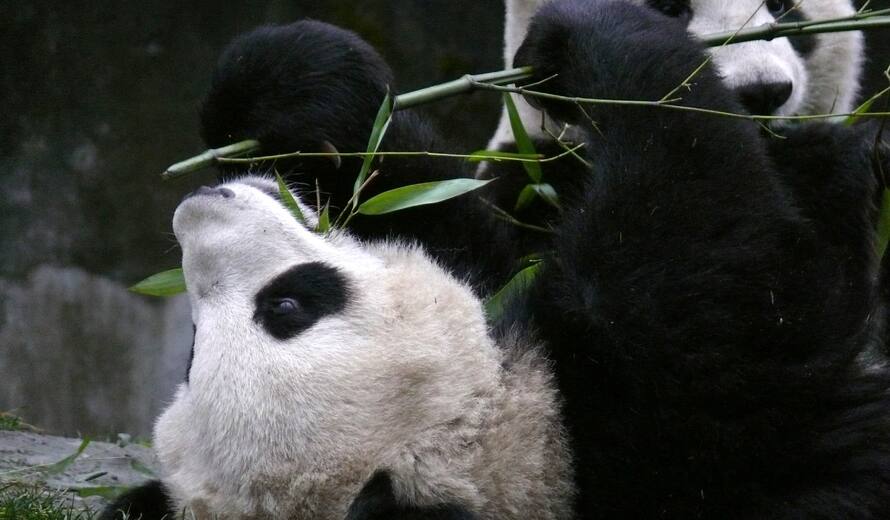World Water Day 2018: ‘Nature for Water’
Water is essential to life; no living organism can survive without it. We need water for human survival, and water is critical for sustaining healthy ecosystems, which provide a wide range of benefits to people.
World Heritage sites include a large variety of landscapes, from wet tropical rainforests to arid deserts. Mountains inscribed on the World Heritage List provide water to thousands or even millions of people, such as Morne Trois Tritons National Park (Dominica), Mount Kenya (Kenya) and the Sichuan Giant Panda Sanctuaries (China). The Dong Phayayen-Khao Yai Forest Complex, with its high annual rainfall, acts as a critically important watershed for Thailand, draining into and feeding five of the country’s major rivers.
Okavango Delta in north-west Botswana is one of the very few major interior delta systems that do not flow into a sea or ocean, with a wetland system that is almost intact. The annual flooding from the River Okavango occurs during the dry season, with the result that the native plants and animals have synchronized their biological cycles with these seasonal rains and floods. It is an exceptional example of the interaction between climatic, hydrological and biological processes. For millennia, the Okavango Delta has also played a major role in nurturing human cultural diversity and knowledge systems.
Our close relationship with water is reflected in World Heritage sites around the world, some of which are sensational feats of engineering, such as the Roman aqueducts of Pont du Gard, France and Segovia, Spain, the Beemster Polder site in the Netherlands, the terraced rice fields of Ifugao in the Philippines, the Aflaj Irrigation Systems of Oman.
These sites are testimony to our primal need for water, to our interaction with the earth, and our need to coexist respectfully and harmoniously together. It is crucial that we protect and nurture them.
Mechtild Rössler
Director
UNESCO World Heritage Centre

